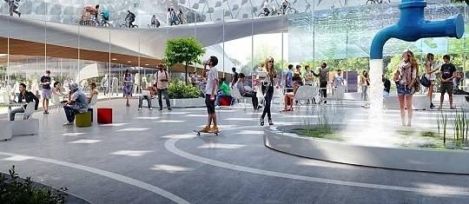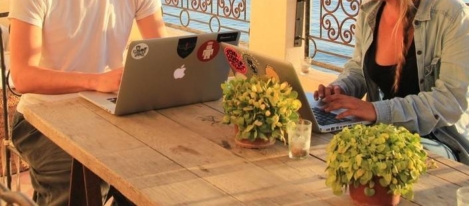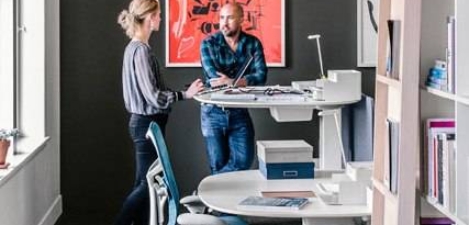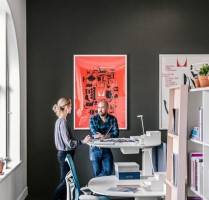March 4, 2016
Technology in the office failing to keep pace with the digital revolution 0
 Despite, or possibly because of the development of sophisticated digital handheld devices, a majority (85 percent) of UK office workers believe they would be able to perform their duties more efficiently if their workplace was equipped with better technology. In fact, 16 percent said that the technology they use at home is far superior to that provided by their employer. The research, conducted by webexpenses, found that over a quarter (28 percent) of respondents felt client relationships and sales could also benefit from a boost in technology at their organisation. When asked about what aspects of their job could be improved by better technology, 41 percent said that the management of teams and internal communications could be greatly enhanced. The workers also said that poor temperature controls (21 percent) a lack of space available in the office (20 percent), and their company’s reliance on arduous paper based processes (14 percent) were other sources of frustration.
Despite, or possibly because of the development of sophisticated digital handheld devices, a majority (85 percent) of UK office workers believe they would be able to perform their duties more efficiently if their workplace was equipped with better technology. In fact, 16 percent said that the technology they use at home is far superior to that provided by their employer. The research, conducted by webexpenses, found that over a quarter (28 percent) of respondents felt client relationships and sales could also benefit from a boost in technology at their organisation. When asked about what aspects of their job could be improved by better technology, 41 percent said that the management of teams and internal communications could be greatly enhanced. The workers also said that poor temperature controls (21 percent) a lack of space available in the office (20 percent), and their company’s reliance on arduous paper based processes (14 percent) were other sources of frustration.





































March 5, 2016
Boundless office + Well Buildings + Open plan design drawbacks 0
by Sara Bean • Comment, Facilities management, Flexible working, Newsletter, Technology, Workplace